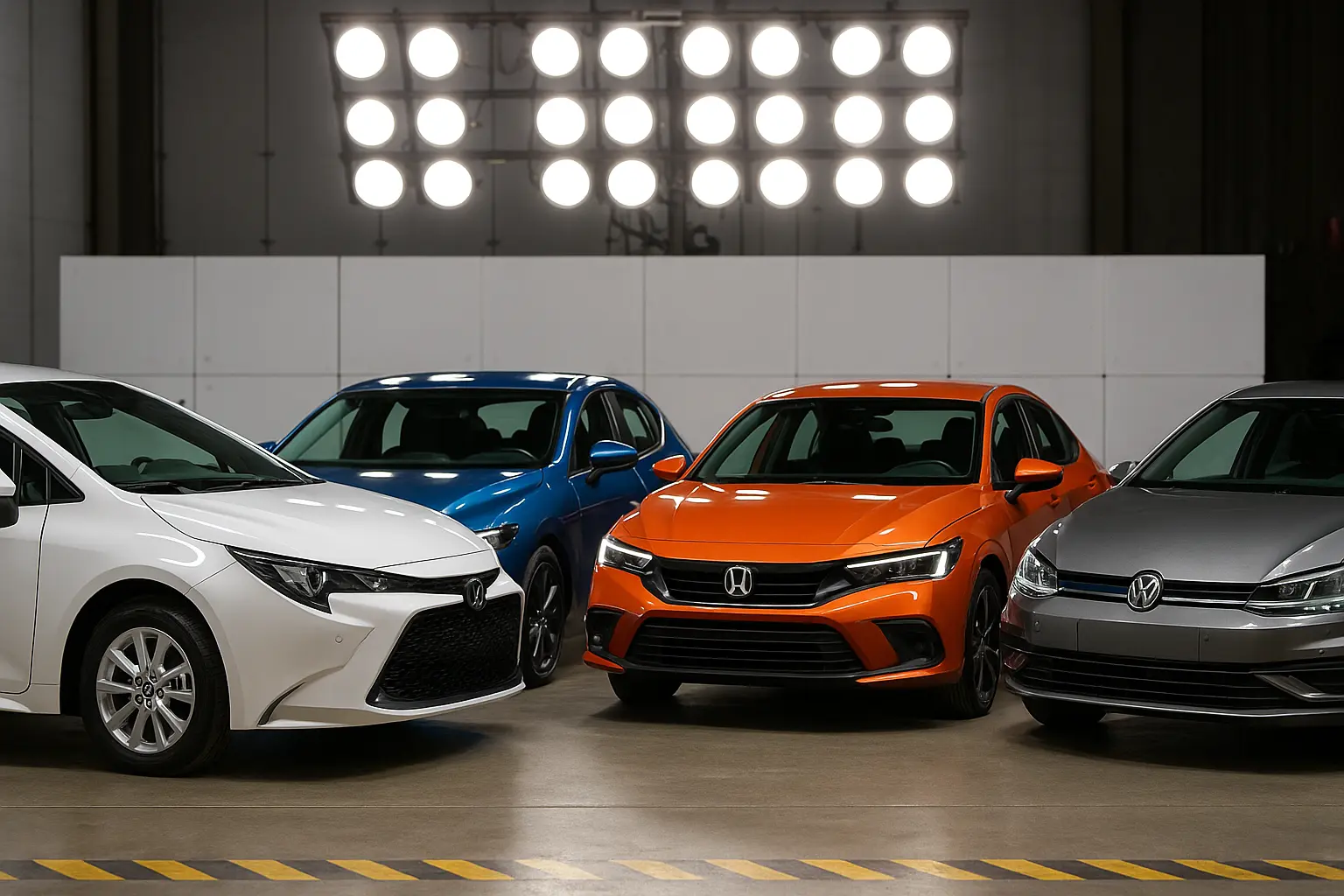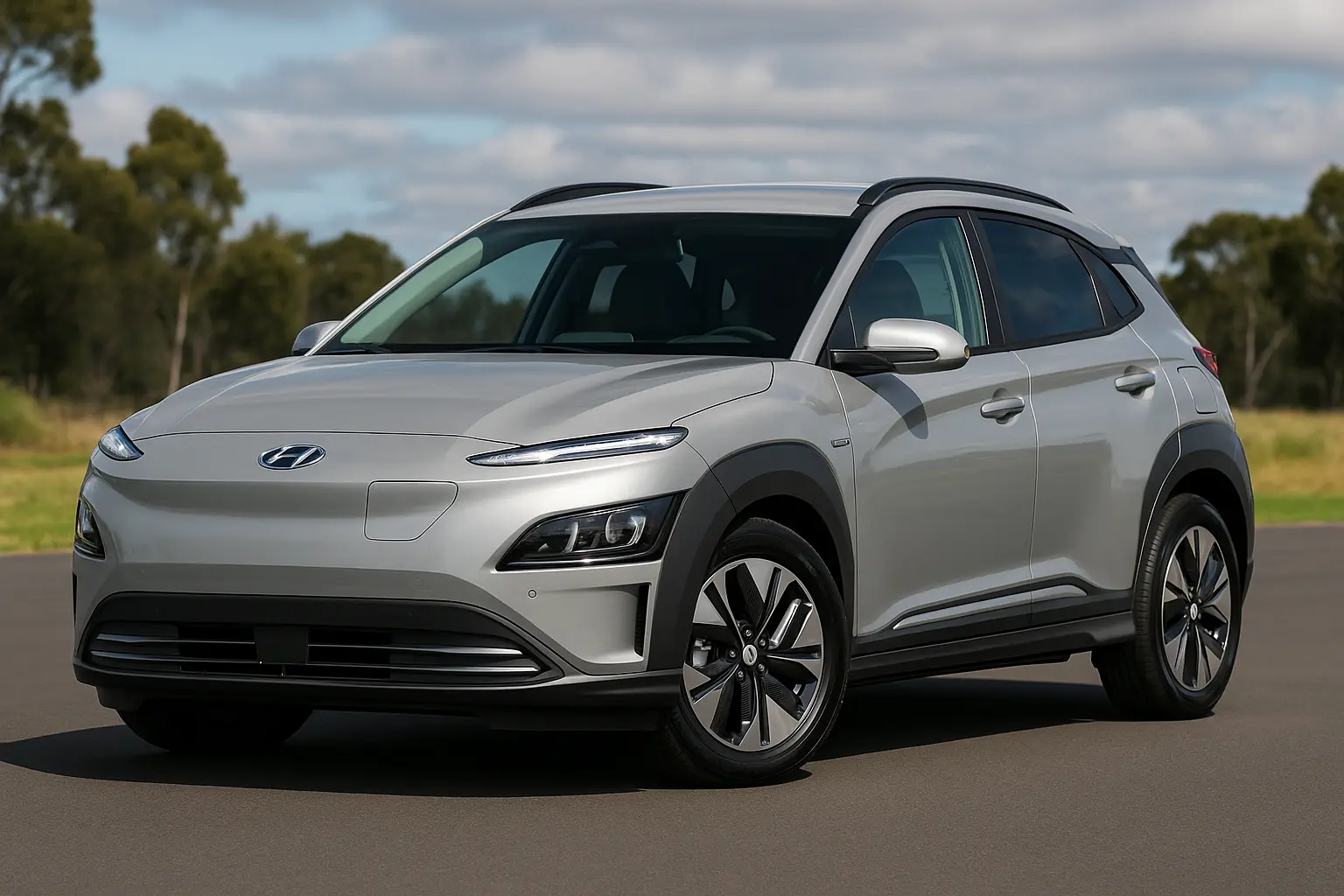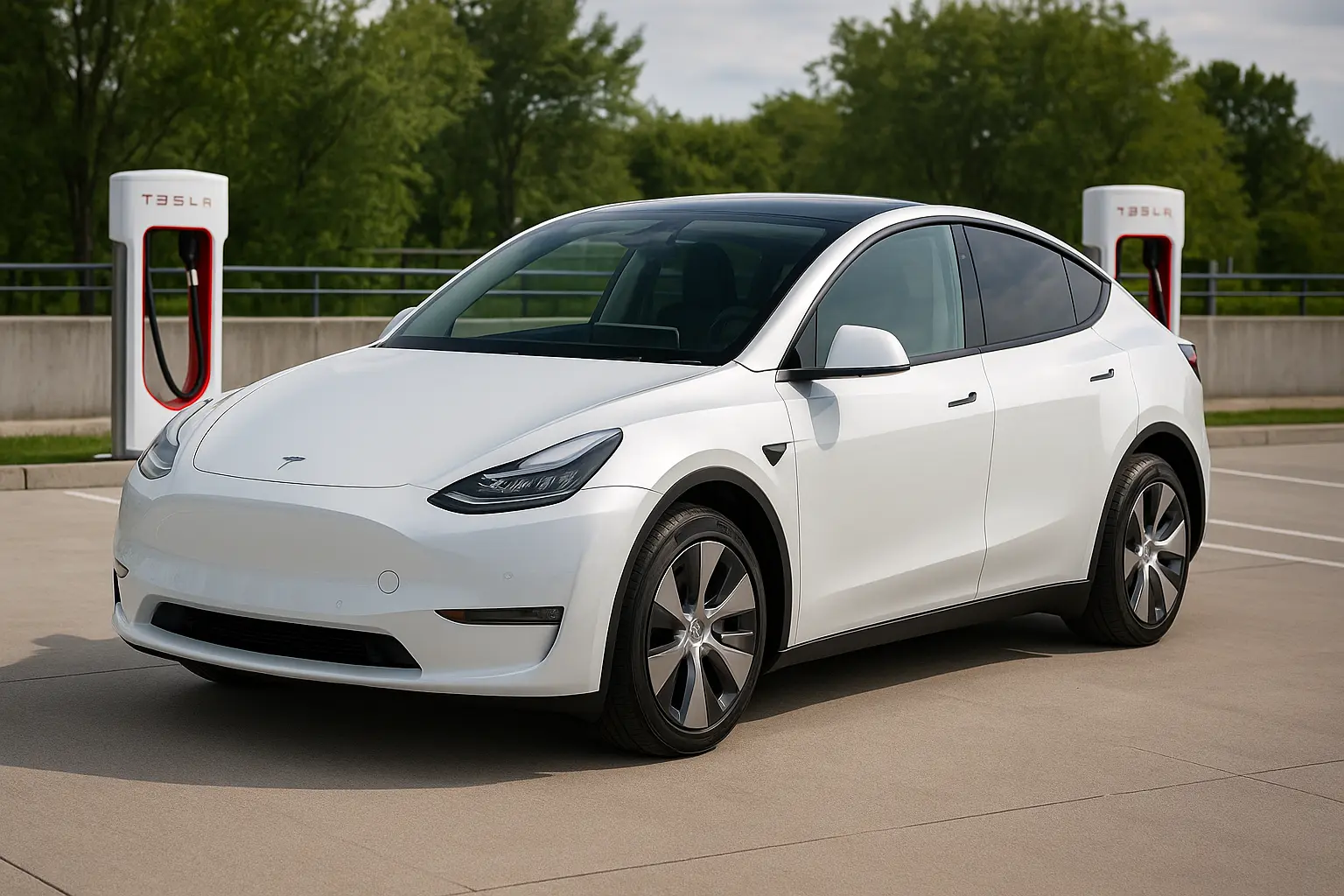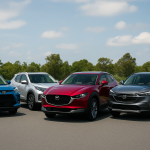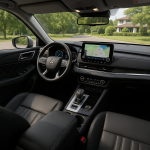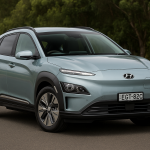The Safest Small Cars in Australia – 2025 Safety Picks
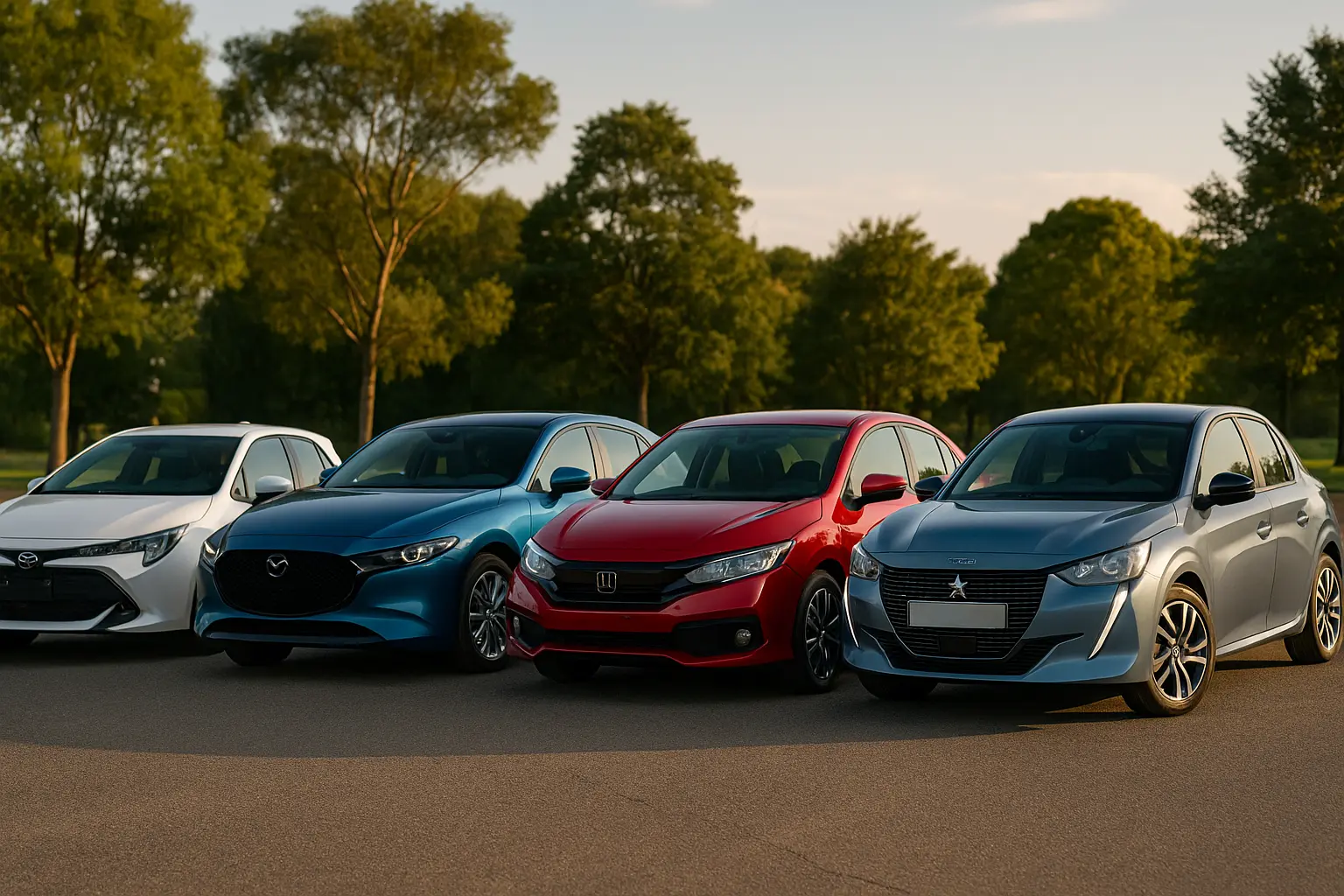
In a world where car sizes keep shrinking for urban practicality, Australian drivers no longer have to compromise on safety. The 2025 market is rich with compact vehicles offering big protection. With ANCAP pushing rigorous testing, today’s safest small cars are equipped with advanced driver aids, robust structural integrity, and excellent crash test results.
In this guide, we’ll dive deep into:
What makes a small car “safe” in 2025
Latest ANCAP protocols and scoring methods
The top safest small cars in Australia for 2025
Features to prioritise when choosing a safe compact vehicle
FAQs around small car safety and ANCAP ratings
Why Safety in Small Cars Matters More Than Ever
Small cars have long been associated with budget-conscious buyers and urban dwellers. While fuel efficiency and ease of parking are attractive, safety is often the deciding factor—especially for P-platers, elderly drivers, and city families. Fortunately, in 2025, many small cars score 5 stars in ANCAP tests and offer safety features that rival larger SUVs.
Understanding ANCAP Safety Ratings in 2025
🔍 What is ANCAP?
ANCAP (Australasian New Car Assessment Program) is Australia and New Zealand’s leading independent vehicle safety authority. ANCAP performs real-world crash simulations and tests for:
Adult occupant protection
Child occupant protection
Vulnerable road user protection (e.g., pedestrians, cyclists)
Safety assist technology
🧪 2025 Protocol Updates
As of 2025, ANCAP ratings place greater emphasis on:
Centre airbag performance
AEB (Autonomous Emergency Braking) with cyclist and junction assist
Active lane support and driver monitoring
Compatibility with other vehicles during crashes
Safety performance in side impact and oblique pole tests
A car must score well across all categories to earn a 5-star rating. This makes the 2025 list of top performers even more exclusive.
Top 10 Safest Small Cars in Australia for 2025
Here are the safest small cars based on the latest ANCAP scores, safety technology, and real-world reviews:
1. Toyota Corolla Hatch Hybrid
ANCAP Rating: 5 stars (2023 re-assessed to 2025 standards)
Safety Tech: Toyota Safety Sense, AEB pedestrian/cyclist/junction, adaptive cruise control
Price: From $32,000
Why it’s safe: The Corolla continues to be a safety leader with great structural integrity and a comprehensive suite of ADAS (Advanced Driver Assistance Systems).
2. Mazda 3 G20 Pure
ANCAP Rating: 5 stars (tested under 2022 protocol)
Safety Tech: Blind spot monitoring, rear cross-traffic alert, smart brake support
Price: From $30,500
Why it’s safe: Excellent occupant protection and above-average pedestrian safety make it a popular pick for families and learners.
3. Honda Civic VTi-LX
ANCAP Rating: 5 stars (2022)
Safety Tech: Honda Sensing, traffic sign recognition, lane keep assist
Price: From $36,000
Why it’s safe: The Civic offers excellent frontal offset and side impact protection with top-notch handling of emergency avoidance maneuvers.
4. Hyundai i30 Hatch N Line
ANCAP Rating: 5 stars (2021, updated software for 2025 compliance)
Safety Tech: Lane keeping, AEB w/ cyclist detection, safe exit assist
Price: From $31,990
Why it’s safe: This small hatch blends sporty looks with impressive tech like junction AEB and fatigue monitoring.
5. Kia Cerato GT
ANCAP Rating: 5 stars (2019, carries forward with updated features)
Safety Tech: Forward collision avoidance, lane follow assist, parking sensors
Price: From $32,790
Why it’s safe: It’s one of the more powerful small cars that still retains essential safety credentials and a high comfort rating.
6. Volkswagen Polo Life
ANCAP Rating: 5 stars (2022 protocol)
Safety Tech: Front Assist with AEB, lane assist, driver fatigue detection
Price: From $29,990
Why it’s safe: Despite its compact frame, the Polo feels solid and safe thanks to European build quality and updated radar tech.
7. Suzuki Swift Hybrid (New Gen)
ANCAP Rating: Pending 2025 testing (expected 5 stars, early Euro NCAP 5-star result)
Safety Tech: Dual Sensor Brake Support, lane departure warning, adaptive cruise
Price: From $26,490
Why it’s safe: Lightweight but tech-heavy, the new Swift is likely to earn high ANCAP scores due to its expanded safety tech.
8. MG4 Electric Hatch
ANCAP Rating: 5 stars (2023)
Safety Tech: 360-degree camera, AEB, blind-spot monitoring
Price: From $39,990
Why it’s safe: EVs are typically heavy, aiding in collision control. The MG4 is one of the safest and cheapest electric hatches available.
9. Peugeot 208 GT
ANCAP Rating: 4 stars (due to lack of some active safety features)
Safety Tech: AEB, active lane departure, traffic sign recognition
Price: From $36,990
Why it’s safe: While lacking some tech for a full 5-star, the structural crash results are solid, and it scores high in occupant protection.
10. Subaru Impreza (New Gen 2025)
ANCAP Rating: 5 stars (2024, carried into 2025)
Safety Tech: EyeSight 4.0, adaptive cruise, lane centering, intersection assist
Price: From $34,290
Why it’s safe: Subaru’s EyeSight system is widely regarded as one of the most dependable safety suites in any small car.
Key Safety Features to Look for in a 2025 Small Car
When evaluating a small car for safety, look for these essential systems:
AEB with pedestrian and cyclist detection
Lane keeping assist and lane centering
Driver attention alert/fatigue monitoring
Junction assist and rear cross-traffic alert
Multiple airbags including centre airbag
Electronic Stability Control (ESC)
Blind spot monitoring and 360-degree cameras
Electric & Hybrid Small Cars: Are They Safer?
Yes—and here’s why:
Heavier curb weight improves impact absorption
Instant torque can assist in emergency maneuvers
Battery placement (under the floor) contributes to low center of gravity, improving stability
Newer models often come with advanced sensors due to EV tech integrations
Electric options like the MG4, BYD Dolphin, and Nissan Leaf continue to gain popularity in 2025 for their mix of safety, economy, and environmental appeal.
Do Smaller Cars Mean Less Protection?
Not necessarily. While physics still favour larger vehicles in head-on collisions, modern small cars benefit from:
Crumple zones and energy absorption design
High-strength steel chassis
Smart restraint systems (pre-tensioning seatbelts, load limiters)
Advanced active safety technologies that help prevent collisions in the first place
As long as the car has a 5-star ANCAP rating, it has passed the toughest tests under current regulations.
Best Small Cars for First-Time and Young Drivers
If you're buying for a new driver, safety takes priority. Our top picks for learners and P-platers in 2025:
Mazda 3 – Reliable, intuitive handling, and strong visibility
Toyota Corolla Hybrid – Efficient and packed with safety aids
Volkswagen Polo – European refinement and sturdy feel
Hyundai i30 – Excellent balance of features, comfort, and crash safety
Suzuki Swift Hybrid – Small but modern with advanced safety additions
Conclusion: Safety First, Always
Australia’s small car market in 2025 is filled with models that no longer trade off safety for compactness. Thanks to ANCAP’s rigorous testing and automakers’ prioritisation of smart safety technology, you can buy a city-sized vehicle without putting yourself—or your loved ones—at risk.
Whether you’re commuting, buying your teen’s first car, or simply downsizing, the safest small cars listed above represent a solid starting point. Use ANCAP ratings as your baseline, but always test drive and inspect key safety features before making a final call.
If you're searching for value-packed safety on Australian roads, these small cars prove size doesn’t have to mean compromise.
Leave a comment
Your email address will not be published. Required fields are marked *


